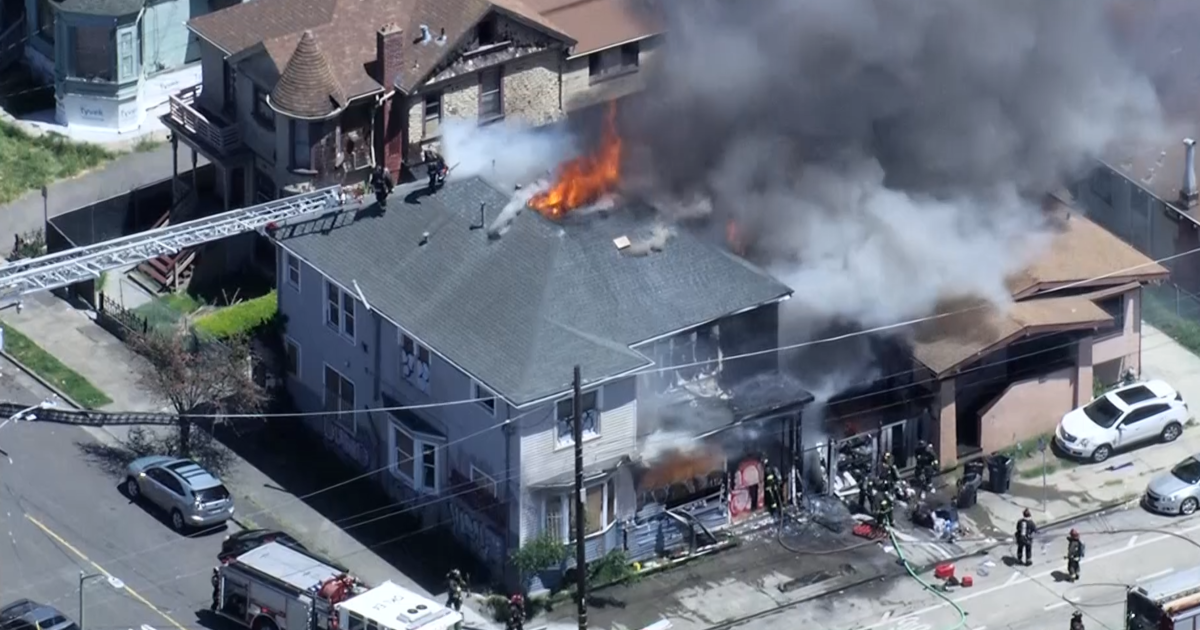'It was shocking;' Suspended OPD Chief LeRonne Armstrong explains the battle over his job
OAKLAND -- There is no better way to explain the tenacious battle suspended OPD Chief LeRonne Armstrong is waging to keep his job than to look at his roots.
He's born and raised in Oakland. He's lived the streets. He knows the people. He loves his city.
"Look where I'm from," Armstrong told KPIX's Juliette Goodrich in a one-on-one interview. "This wasn't easy getting to the top of this police department. This was a kid who came from poverty. This was a kid who had to fight on the street in order to make it. To make it to this point, starting from here and then having someone take it away from me is not the way I want my career to end or my reputation to be. There are people in this community who look up to me."
Armstrong was placed on administrative leave by Mayor Sheng Thao following a report released detailing allegations of police misconduct in the police department. The investigative report was written by the law firm Clarence Dyer & Cohen LLP, which was hired last year by the city of Oakland.
According to the report, OPD officers, including an internal affairs captain and a lieutenant, helped obstruct an investigation into a police sergeant's involvement in a hit-and-run collision with a parked vehicle.
The report concluded that Armstrong had signed off on the findings without reviewing them or even fully discussing the incident. But the embattled chief has demanded his job back, claiming that his suspension was not supported by evidence.
Armstrong said when he first heard about the report, he was shocked.
"It was shocking that someone would do an investigation like this that in my opinion was so biased and so focused on trying to create a crisis," he said. "It really was surprising."
Armstrong has admitted to not reading some release of information reports before signing them.
"That is common practice amongst major chiefs in America," he said explaining his actions. "There is not one chief of a major police department in America that actually reads every report. We are talking over 200 reports."
But he pointed out that he does reads the really important reports.
"When we are talking about officer-involved shootings, excessive force cases, and when we are talking about cases where officers will be terminated -- those are cases for sure that I would read," he said. "But in this case, the evidence that was brought to me was about a vehicle collision that was not reported."




